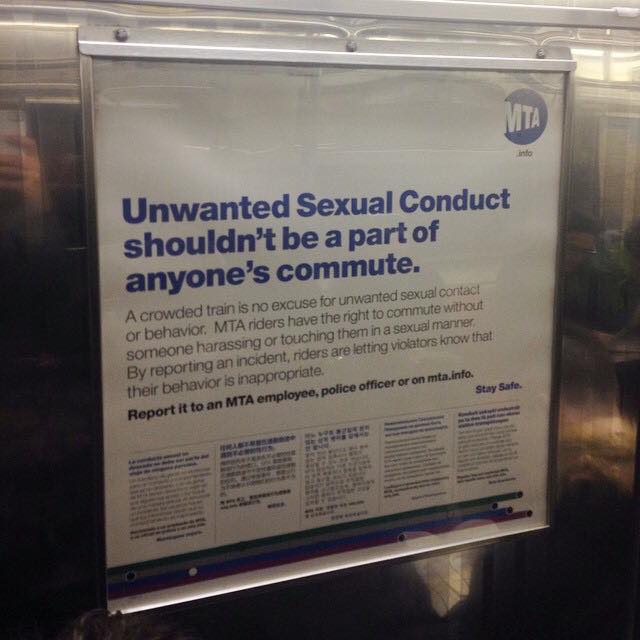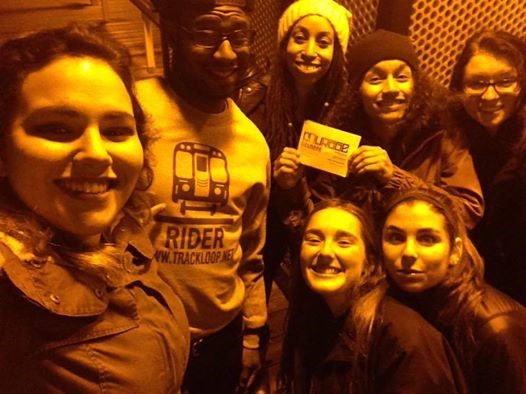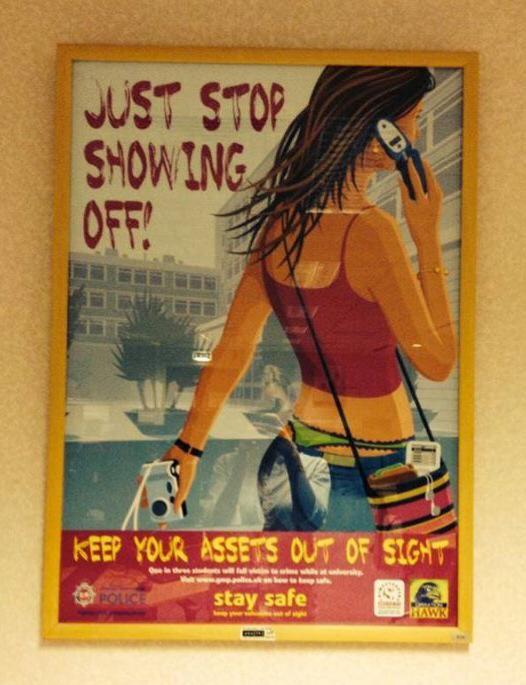As part of the revived anti-harassment subway campaign launched in the fall, New York City has new anti-harassment PSAs.
Meanwhile, in Kathmandu, Nepal, there is a new women-only minibus service that is in part in response to a World Bank survey showing that a quarter of young Nepalese women had experienced sexual harassment on public transport. As I’ve shared on this blog many times (including when I wrote about riding a women-only subway car in Cairo) and discuss in my first book, sex-segregated public transportation is in several cities worldwide but it is a sexist, gender-normative band-aid solution at best and at worst, it simply doesn’t work. You can read Jessica Valenti’s take on it at The Guardian.






